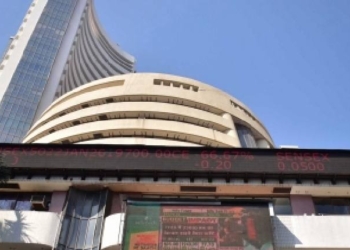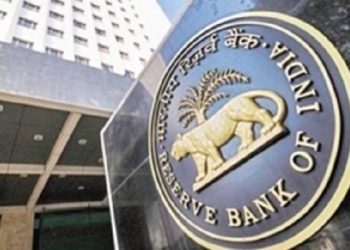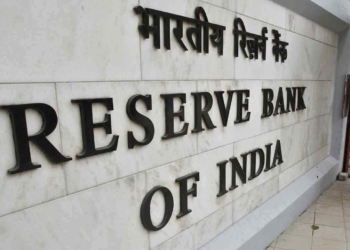Chennai: The upcoming Indian budget for 2023-24 will be a challenging one for the government to follow the roadmap for fiscal consolidation amidst a global environment of declining inflation, said a top economist of State Bank of India in a report.
For India, this could make things difficult to set a nominal gross domestic product (GDP) number significantly higher than 10 per cent, with a deflator about 3.5 per cent. But this could also mean a higher GDP growth than anticipated at about 6.2 per cent, he said.
He also said the fiscal deficit of the Indian government for FY23 will be about Rs.17.5 lakh crore.
According to Dr. Soumya Kanti Ghosh, Group Chief Economic Adviser, SBI, for FY23, total receipts of the Government would be higher than the budget estimates (BE) by around Rs 2.3 lakh crore, on account of higher direct tax receipts (about Rs 2.2 lakh crore), higher GST receipts (Rs 95,000 crore) but lower dividends (about Rs 40,000 crore), lower fuel tax net of cess (Rs 30,000 crore) and lower disinvestment receipts (about Rs 15000-20,000 crore).
“Meanwhile, expenditure is likely to be on the higher side of the BE by around Rs 3 lakh crore on account of higher subsidy bill and additional spending announced by the Government. Taking this into account, the fiscal deficit of the Government in FY23 is expected to come at Rs 17.5 lakh crore. However, higher nominal GDP growth (15.4 per cent) estimates will help in keeping the fiscal deficit at 6.4 per cent of the GDP,” Ghosh said.
As regards FY24, the government’s expenditure is likely to increase by around 8.2 per cent over FY23 estimates to Rs 46 lakh crore, Ghosh said in the report.
Subsidy bill which increased significantly in FY23 is estimated to be reduced in FY24 to around Rs 3.8-4 lakh crore and capital expenditure is expected to grow by 12 per cent.
Meanwhile, receipts (minus borrowing and other liabilities) are expected to grow by about 12.1 per cent with tax revenue receipts growth likely at 11 per cent. With nominal GDP growth at 10 per cent, tax buoyancy is thus expected at close to 1.1 compared to expected tax buoyancy of 1.5 in FY23.
Thus, the fiscal deficit for FY24 is estimated at around Rs 17.95 lakh crore or 6 per cent of GDP in FY24, thereby resulting in fiscal consolidation of 40 bps from the current fiscal, the report notes.
“As far as borrowing is concerned, we believe net market borrowing of the Centre in FY24 will be around Rs. 11.7 lakh crore and with repayments of Rs 4.4 lakh crore, gross borrowing is expected at Rs 16.1 lakh crore. We believe a switch of about Rs 50,000 crore is also likely to be announced,” the report said.
With higher tax devolution from the Centre, the states are likely to borrow around Rs 8 lakh crore in FY23, lower than earlier anticipated.
“In FY24, the overall gross borrowing by Centre and States is likely to be Rs 24.3 lakh crore (Rs. 22.2lakh crore in FY23) and net borrowings Rs. 17 lakh crore (Rs 16.7 lakh crore in FY23). We further believe that the Government will continue to rely on small saving schemes (Rs 5 lakh crore likely in FY24).
According to the report, the government can give a hard push to Sukanya Samriddhi Yojana (SSY), through encouraging fresh registrations in a mission drive mode, allowing one time registrations for all leftover cases up to 12 years.
(IANS)
















